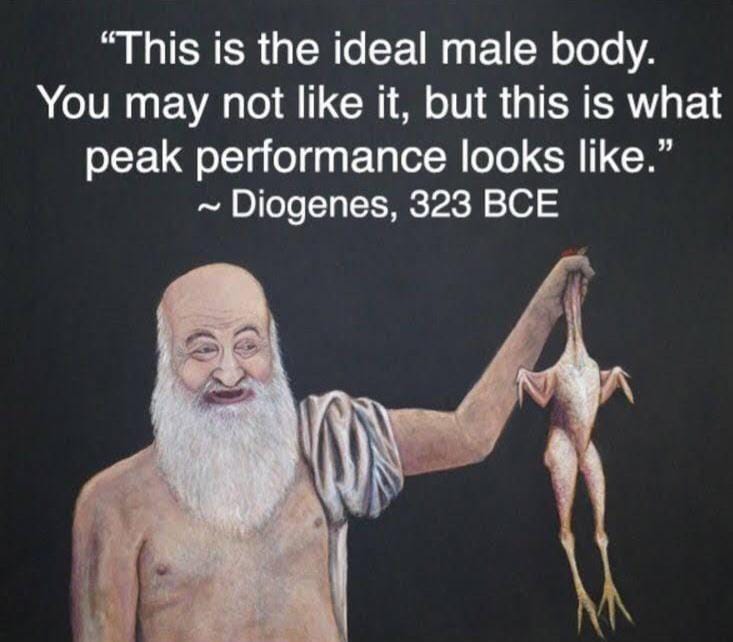
Senior Lecturer in Phonetics & Phonology @UniOfNewcastle ✦ @UHManoa @ENS_ULM @OhioState @EdinburghUni ✦ Bahá’í ✦ Scottish ✦ he/him ✦ @roryturnbull.bsky.social
How to get URL link on X (Twitter) App


https://twitter.com/katiedimartin/status/1670141121983307777First of all, a horse is not a chair. Everyone agrees on this. No one is arguing that a horse is actually a kind of a chair. That's the point. /2

https://twitter.com/lelia_glass/status/1432001886748618754Some of my own observations (I'm not a semanticist so these are a lot less insightful than Lelia's comments):
https://twitter.com/a_stands_for/status/1375893513376784392All else being equal, we generally expect words to be similar between related languages. However, there are always times when words shift in meaning, perhaps becoming more or less specialised than they used to be. /2
https://twitter.com/gregbuchanan/status/1113060972581728258The Proto-Indo-European word for bear was *h₂ŕ̥tḱos, literally "the destroyer". This is reflected in modern French "ours", Greek "arktos", Sanskrit "ṛ́kṣa", Persian "خرس", and others. The name "Arthur" comes from the Welsh form. /2
The higher spectral prominence dips down about halfway through the word, between the two syllables. If the lower spectral prominence is F1 & F2, then the higher one must be F3. A low F3 = /ɹ/! Given the overall frequencies, the voice sounds male. /2
External Tweet loading...
If nothing shows, it may have been deleted
by @janesolomon view original on Twitter